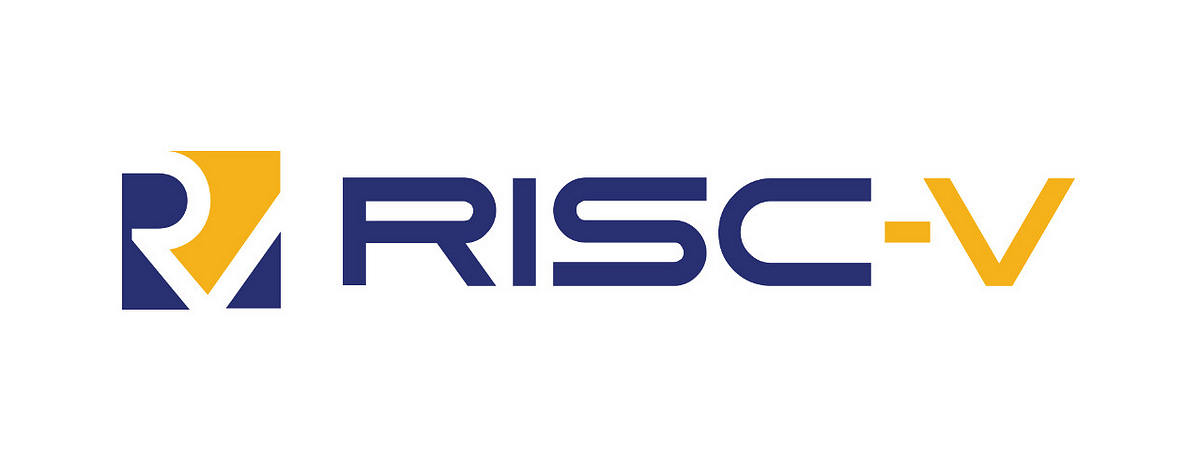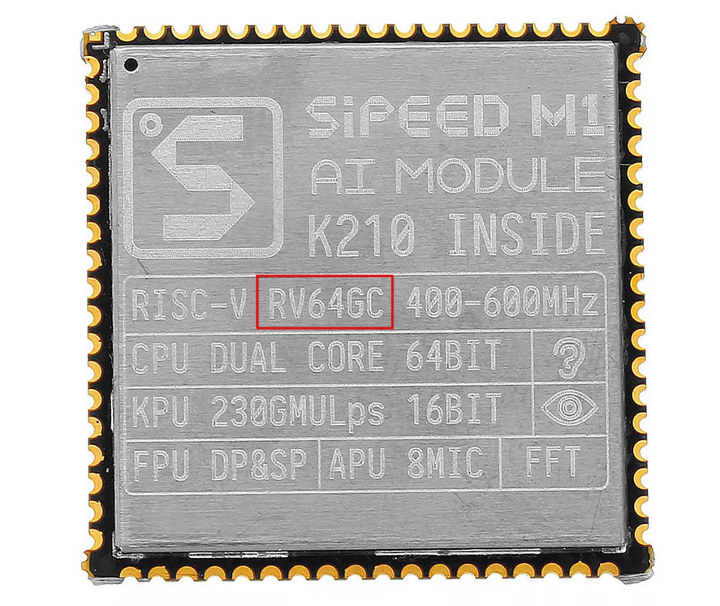- Oct 16, 2019
- 2,747
- 6,657
- 146
Will update with articles as they come out (they haven't yet but news is public). For now just a couple of Tweets:
This is a real significant move for Nvidia, having a huge role in ARM core designs could have major implementations down the line. Most importantly, it secures them a platform and ecosystem down the line.
Oh and I guess Nvidia becomes the defacto standard for GPU IP for mobile instead of Mali. That too.
EDIT: Bloomberg article here: https://www.bloomberg.com/news/arti...ompany-arm-is-said-to-attract-nvidia-interest
This is a real significant move for Nvidia, having a huge role in ARM core designs could have major implementations down the line. Most importantly, it secures them a platform and ecosystem down the line.
Oh and I guess Nvidia becomes the defacto standard for GPU IP for mobile instead of Mali. That too.
EDIT: Bloomberg article here: https://www.bloomberg.com/news/arti...ompany-arm-is-said-to-attract-nvidia-interest
Last edited:





